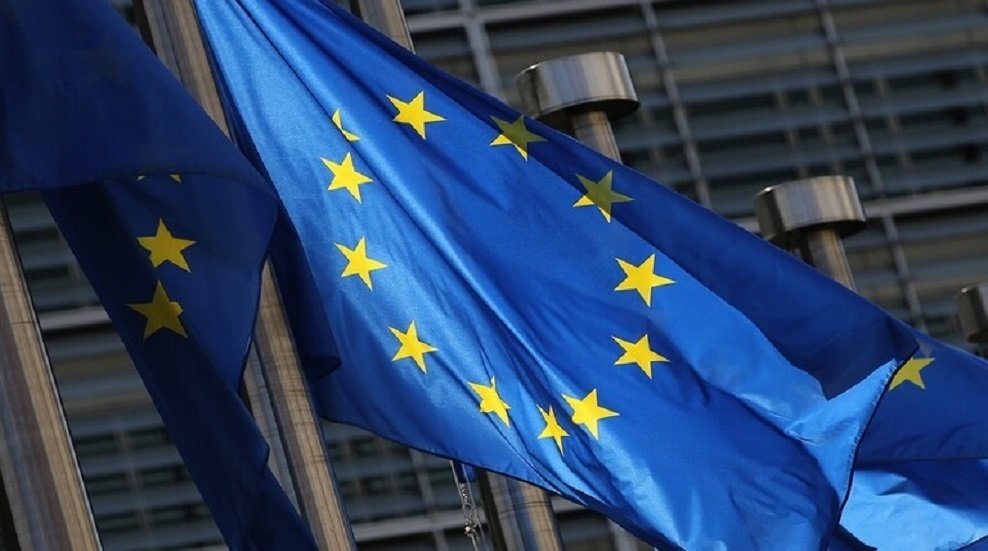

The EU Commission in a statement on June 10 listed Kenya alongside Algeria, Angola, Côte d’Ivoire, Namibia, Laos, Lebanon, Monaco, Nepal and Venezuela to the list of high-risk third countries which have deficiencies in deficiencies in their anti-money laundering and countering the financing of terrorism [AML/CFT].
At the same time, the EU has removed Barbados, Gibraltar, Jamaica, Panama, the Philippines, Senegal, Uganda and the United Arab Emirates from that list.
In the explanatory memorandum, the EU says Kenya is among third-country jurisdictions with strategic deficiencies in their anti-money laundering and countering the financing of terrorism regimes that pose significant threats to the EU’s financial system.
The EU action comes after the Financial Action Task Force at its plenary meeting in February 2024 added Kenya and Namibia to its grey list.
“In particular, the Commission considers that Algeria, Angola, Côte d’Ivoire, Kenya, Laos, Lebanon, Monaco, Namibia, Nepal and Venezuela have strategic deficiencies in their respective AML/CFT regimes. The Commission has also taken into account the fact that these countries were identified in the FATF list of ‘Jurisdictions under Increased Monitoring’ in February, June and October 2024 and in February 2025,” the EU says.
It further notes that the changing nature of money laundering and terrorist financing threats requires continuous adaptation of the legal framework on high-risk third countries to efficiently address existing risks and prevent new ones.
However, the EU Commission acknowledges that Kenya, and the other listed states, have made written high-level political commitments to address the identified deficiencies and have developed action plans with the FATF for this purpose.
“Kenya made a high-level political commitment in February 2024 to work with the FATF and the ESAAMLG [the Eastern and Southern Africa Anti-Money Laundering Group], which is its FSRB[FATF-Style Regional Body], to strengthen the effectiveness of its AML/CFT regime,” the communication notes.
It further says since =February 2024, Kenya has taken steps towards improving its AML/CFT regime, including by completing a Terrorism Financing risk assessment and by bringing its Targeted Financial Sanctions framework related to proliferation financing into compliance.
In this regard, Kenya will continue to work to implement its FATF action plan to address its strategic deficiencies, including by presenting the results of its money laundering and terrorism financing national risk assessment and other risk assessments in a consistent manner to competent authorities and the private sector and updating the national AML/CFT strategies.
It will also improve risk-based Anti-Money Laundering/Countering the Financing of Terrorism supervision of financial institutions and Designated Non-Financial Businesses and Professions [DNFBPs ] (entities and individuals engaged in non-financial activities that are potentially susceptible to money laundering and terrorist financing).
Further, Kenya has committed to adopting a legal framework for the licensing and supervision of virtual asset service providers; enhancing the understanding of preventive measures by financial institutions and DNFBPs, including to increase suspicious transaction report filing and implement targeted financial sanctions without delay.
The Anti-Money Laundering and Countering Terrorism Financing Laws (Amendment) Bill, 2025, is already before the National Assembly for consideration.
“The Commission welcomes these commitments and calls on these jurisdictions to swiftly complete the implementation of their respective action plans within the proposed time frames,” EU says.







